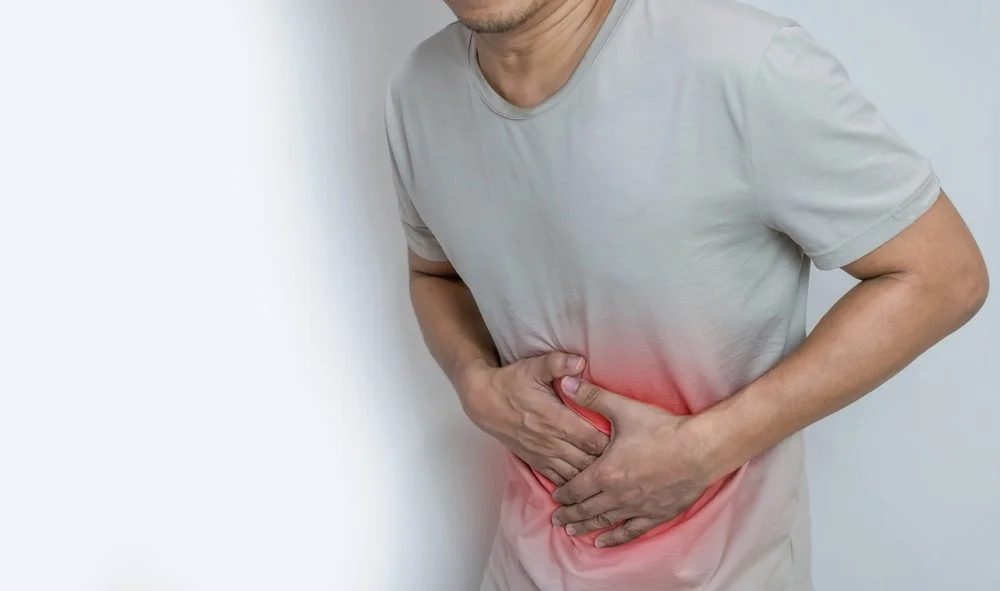Understanding Abdominal Pain, Bloating, Gas Relief, and IBS Treatment are Related Symptoms and Conditions
Understanding Abdominal Pain, Bloating, Gas Relief, and IBS Treatment are Related Symptoms and Conditions
Gas, bloating, and abdominal pain are common gastrointestinal symptoms that can seriously interfere with day-to-day activities. These symptoms can be linked to a number of illnesses, including irritable bowel syndrome (IBS), and they are frequently interlinked. It’s critical to comprehend how these symptoms relate to one another and investigate potential therapies in order to manage discomfort and enhance quality of life.
Relief from Abdominal Pain: Causes of Abdominal Pain
Numerous things can result in abdominal pain, which can vary in intensity from little discomfort to excruciating pain. Indigestion, constipation, dietary intolerances, infections, and more serious ailments including appendicitis, gallstones, or ulcers are common reasons. Abdominal pain is frequently associated with functional gastrointestinal disorders (FGDs), such as IBS.
Methods of Relief
Dietary Adjustments: One of the most important ways to lessen stomach discomfort is to recognize and stay away from trigger foods. Pain can be made worse by eating foods high in fat, spicy cuisine, and some dairy products.
Medication: Pain brought on by indigestion or acid reflux can be relieved with over-the-counter drugs such antacids or H2 blockers. Prescription medicine may be required in some situations.
Lifestyle Changes: Avoiding and treating stomach pain requires consistent exercise, stress reduction techniques, and adequate hydration.
Relief from Gas and Bloating
Gratitude Gas and Bloating
Uncomfortable side effects that frequently accompany stomach pain include bloating and gas. Gas is the result of too much air in the digestive tract, whereas bloating is the feeling of a full or constricted abdomen. Overindulging, swallowing air, or consuming particular foods that are difficult to digest can all cause these symptoms.
Relieving Techniques That Work
Dietary Adjustments: It may be beneficial to limit your intake of foods that cause gas, such as beans, lentils, carbonated beverages, and some vegetables like broccoli and cabbage. Bloating can also be reduced by introducing fiber into the diet gradually.
Probiotics: These good bacteria have the ability to strengthen the gut lining and lessen gas and bloating symptoms. Probiotics can be found naturally in foods like kefir and yogurt or as supplements.
Over-the-Counter Remedies: Simethicone-containing products relieve bloating and gas by dissolving gas bubbles.
Treatment for Irritable Bowel Syndrome (IBS)
IBS: What is it?
The symptoms of Irritable Bowel Syndrome (IBS), a chronic functional gastrointestinal illness, might include diarrhea, constipation, bloating, gas, and stomach discomfort. Although the precise origin of IBS is unknown, a mix of stress, increased pain sensitivity, and problems with gut motility are thought to be responsible.
Options for IBS Treatment
Dietary Management: The Low FODMAP diet is frequently suggested for the treatment of IBS symptoms. It entails cutting back on the consumption of specific carbohydrates that are poorly absorbed in the small intestine. It’s crucial to recognize and stay away from items that personally trigger you.
Medication: Different drugs may be administered depending on whether the patient is primarily experiencing constipation or diarrhea. While laxatives and fiber supplements can help with constipation, antispasmodics can lessen cramping in the abdomen. Antidiarrheal drugs are helpful in managing diarrhea.
Psychological Therapies: It is well recognized that stress causes symptoms of IBS. Other methods for managing stress, like mindfulness and relaxation techniques, can also be helpful, such as cognitive behavioral therapy (CBT).
Lifestyle Changes: Stress reduction, enough sleep, and regular exercise are all essential for controlling IBS. Other essential elements of treatment include adhering to a regular eating schedule and drinking enough of water.
Gas, bloating, and abdominal pain are all symptoms that frequently coexist and have a substantial negative impact on a person’s quality of life. Despite the discomfort these symptoms may cause, there are effective remedies for them. A thorough approach to management can alleviate symptoms and enhance quality of life, regardless of whether underlying diseases like IBS or diet and lifestyle choices are involved. It is always advised to speak with a healthcare professional for a customized treatment plan, particularly if symptoms are severe or chronic.




